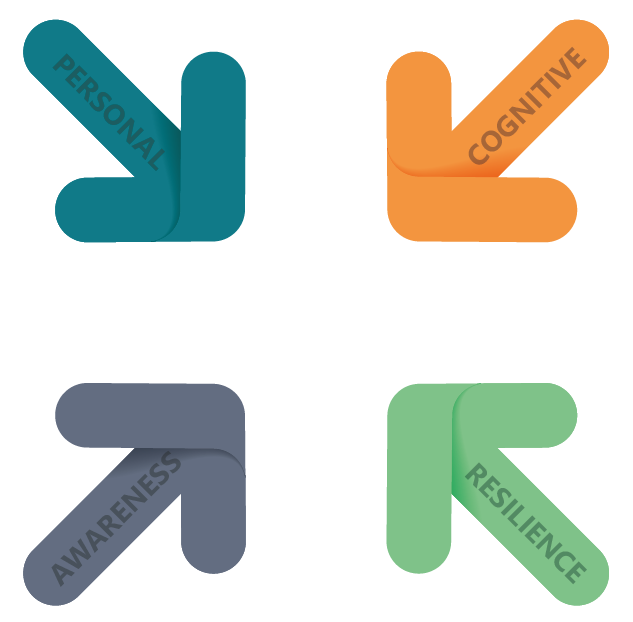Senior people need high levels of awareness to be able to do their jobs effectively, but what exactly does it mean to be more aware. In this podcast, Richard and Paul discuss how awareness of self, others, their organisation and the market place is different as people rise in organisations, and for those wishing to do so how they might start developing that awareness.
This podcast is the first of four podcasts considering what is required of anyone who wants to take a senior role or highly demanding job in an organisation.






